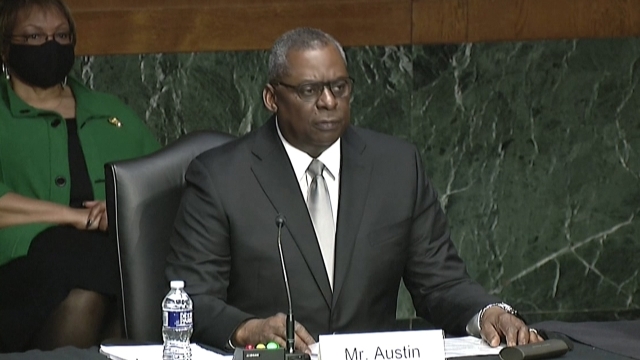[앵커]
There is a hearing on the nominees for ministers in the United States ahead of the opening of the Biden administration. There is something that the Defense Minister-nominee has said about us. It’s about the defense cost-sharing negotiation. Did you say something positive?
[기자]
U.S. Defense Minister Lloyd Austin’s nominee has said he will close the defense cost-sharing negotiations with South Korea early if approved by the Senate.
There was no further specific comment on the timing of the settlement, but this suggests the possibility that the defense cost negotiations, which were rarely reached by the Donald Trump administration, will be settled in the near future.
After the agreement expired at the end of 2019, the ROK-US defense cost negotiations have drifted amid the Trump administration’s demand for a significant increase.
After Korea proposed a 13% increase and the US demanded a 50% increase, negotiations have not actually progressed.
Elect Joe Biden has shown a position to strengthen the alliance without extorting South Korea by threats to withdraw troops.
[앵커]
The nominee for the Secretary of State spoke of North Korea. You said you were willing to review North Korea-related policies?
[기자]
That’s what US Secretary of State-nominee Tony Blincoln spoke at a hearing before the Senate Foreign Relations Committee.
“We can review North Korea-related policies in all areas,” he added. “I want to make sure that no matter what we do with North Korea, we are equally watching humanitarian as well as security aspects.”
■ Review of “North Korean Missile Intent” by the US Director of National Intelligence
Following is the news that Everyl Haynes, the nominee of the U.S. National Intelligence Service, also made a stance on North Korea.
“It is clear that national security will face many threats over the next few years,” he said, saying that he would review North Korea’s intentions of provocations such as missile test launches. And cross-border threats such as cyberattacks,” he said.
Haines, who served as deputy director of the CIA and CIA, becomes the first female national intelligence officer in US history when approved by the Senate.
